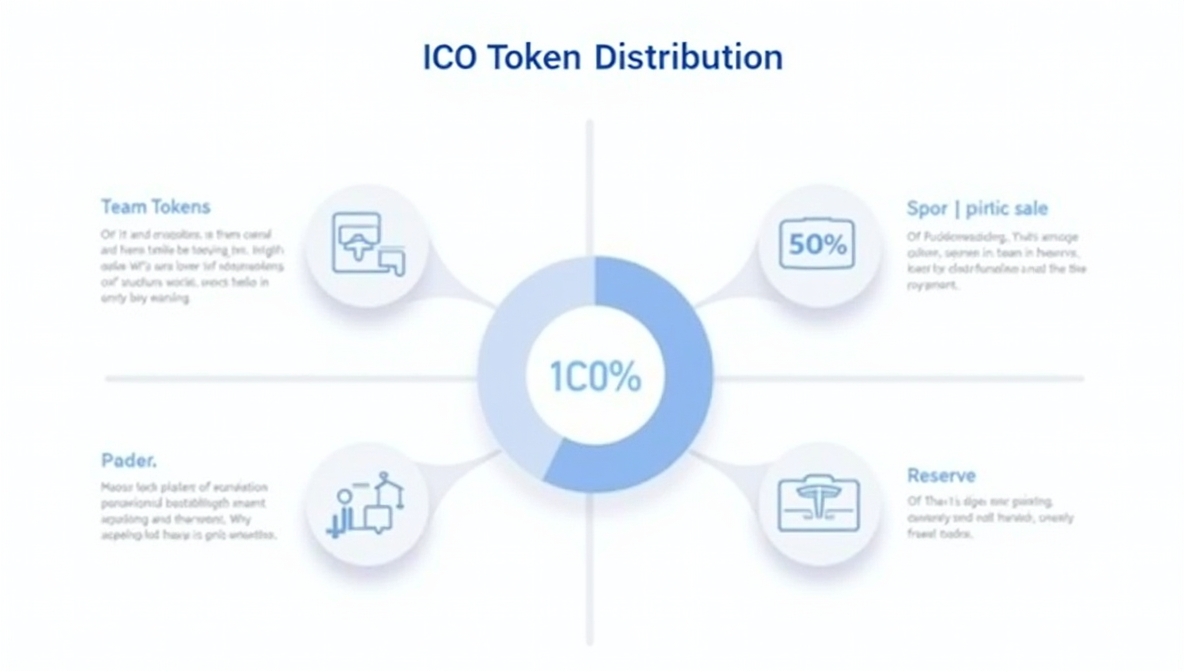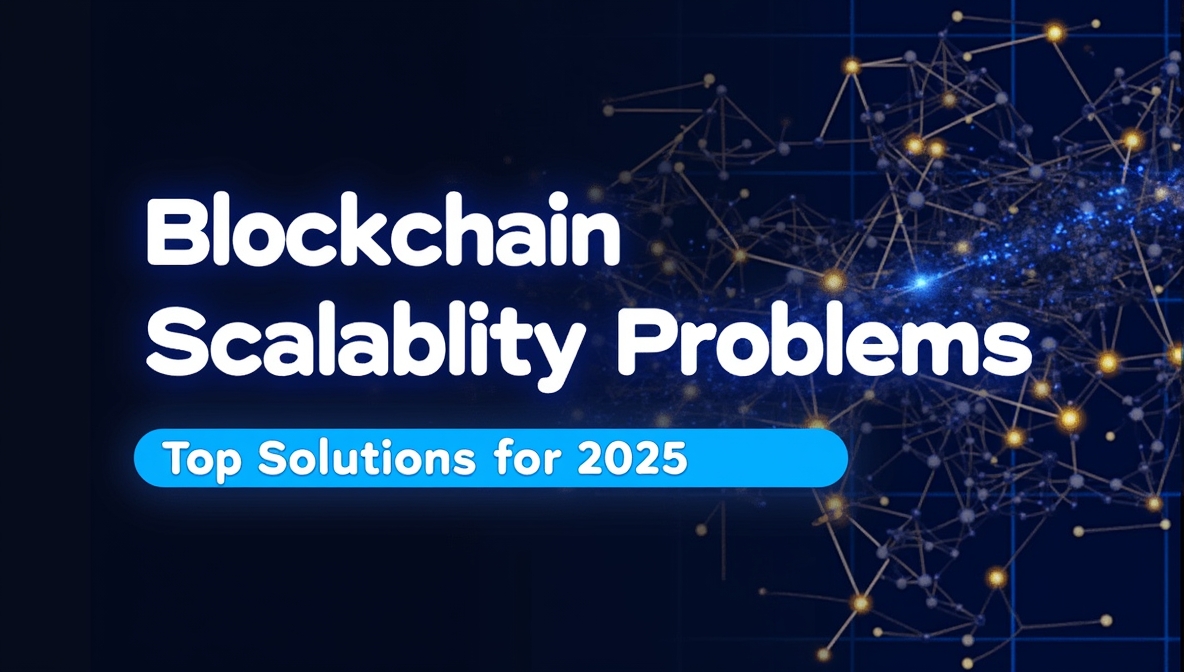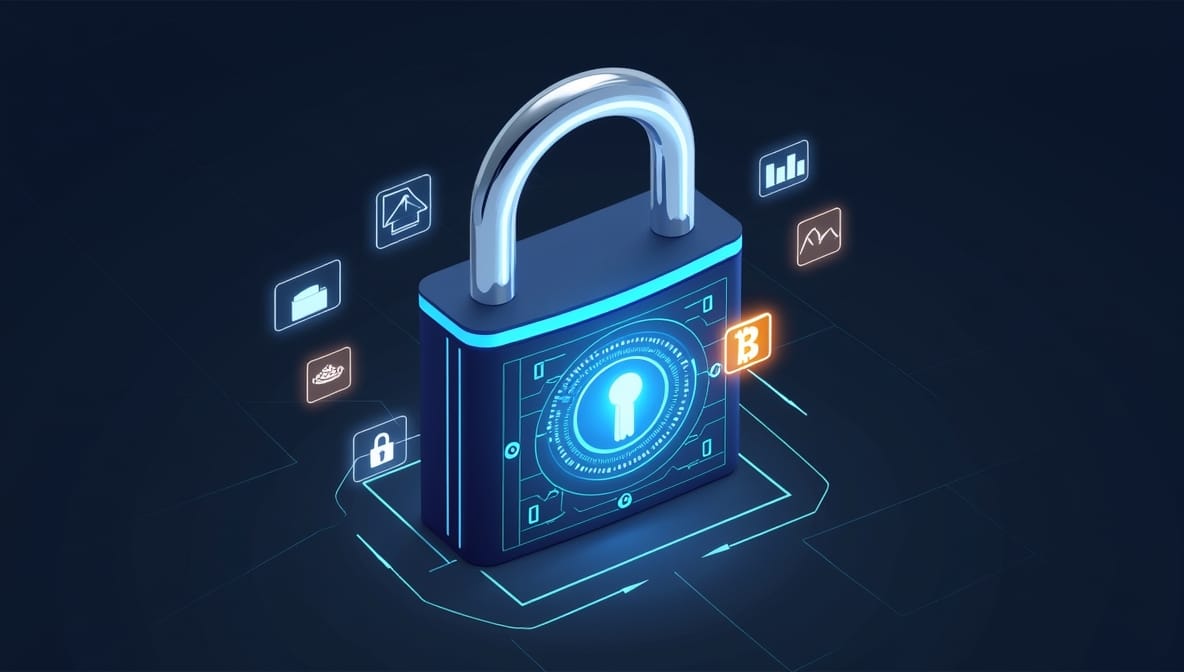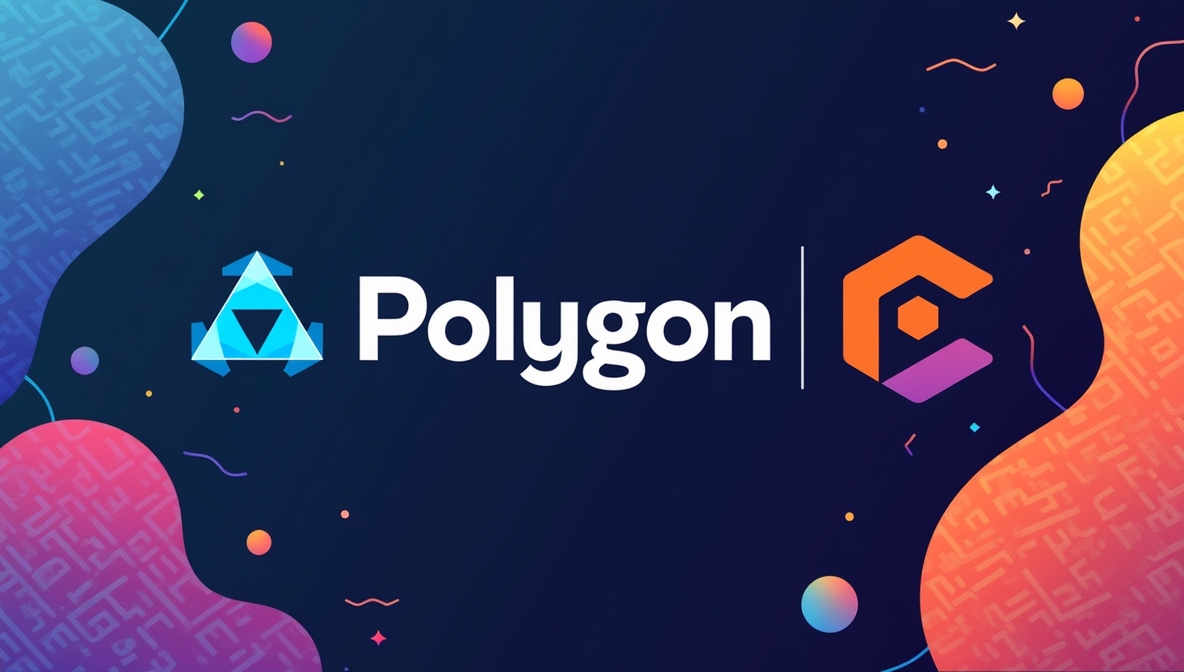As the healthcare industry ventures deeper into the digital age, the need to safeguard patient data becomes increasingly critical. Tokenization in healthcare emerges as a pivotal solution, offering a digital defense mechanism that securely wraps sensitive information within a protective shield of tokens. But how exactly is tokenization making such waves in our healthcare systems?
Exploring the Significance of Tokenization in the Healthcare Sector
Tokenization isn’t just a security feature; it’s a revolutionary approach to managing healthcare data. As we witness the proliferation of digital health records, the significance of robust data protection strategies cannot be overstated. Tokenization mitigates the risks associated with unauthorized data disclosure, facilitating safe and secure data transactions across healthcare networks, thereby strengthening the backbone of digital healthcare infrastructures.
Relevance to Patient Data Security
With hospitals and clinics often targeted by cyber threats, safeguarding patient information has become paramount when talking about tokenization in healthcare. The rise in data breaches highlights vulnerabilities in existing systems. Tokenization directly addresses these concerns by ensuring patient data is both protected and private, striking a crucial balance between accessibility and security.
Importance of Tokenization in the Healthcare Sector
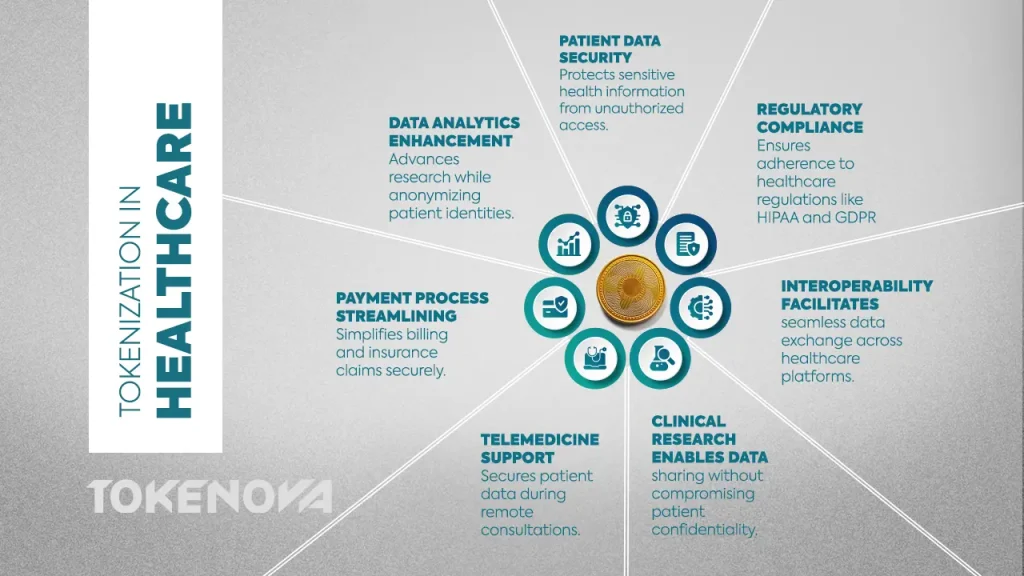
- Enhancing Patient Data Security and Privacy
Imagine your sensitive health information transformed into an indecipherable string of characters meaningless to hackers. That’s the promise of tokenization. By converting personal identifiers into tokens, healthcare providers can protect data from unauthorized access, assuring patients of their privacy and security.
- Facilitating Regulatory Compliance
With stringent regulations such as HIPAA in the U.S. and GDPR in Europe, compliance is non-negotiable for healthcare providers. Tokenization helps simplify compliance by ensuring that data is stored and processed in line with regulatory guidelines, thereby reducing the legal risks associated with data management.
- Improving Interoperability
Interoperability the seamless exchange of information across different healthcare platforms is vital for effective patient care. Tokenization supports this by enabling secure, consistent data sharing while preserving data integrity and privacy, bridging gaps between disparate systems.
Applications of Tokenization
- Clinical Research
In the realm of clinical research, linking study data with real-world evidence is crucial but challenging. Tokenization allows researchers to share data without compromising patient confidentiality, facilitating collaborative studies that can lead to groundbreaking medical discoveries.
- Telemedicine Support
Telemedicine has expanded patient access to healthcare services. Tokenization ensures that even in remote consultations, patients’ sensitive data remains protected, maintaining trust in digital healthcare solutions.
- Streamlining Payment Processes
The financial aspect of healthcare is fraught with complexities. Tokenization simplifies billing and insurance claims by securing data exchanges, minimizing errors, and preventing fraud.
- Data Analytics and Research
For healthcare analytics, data is king. Tokenization enhances analytical capabilities by allowing secure data sharing and usage while anonymizing patient identities, thus advancing research without forsaking privacy.
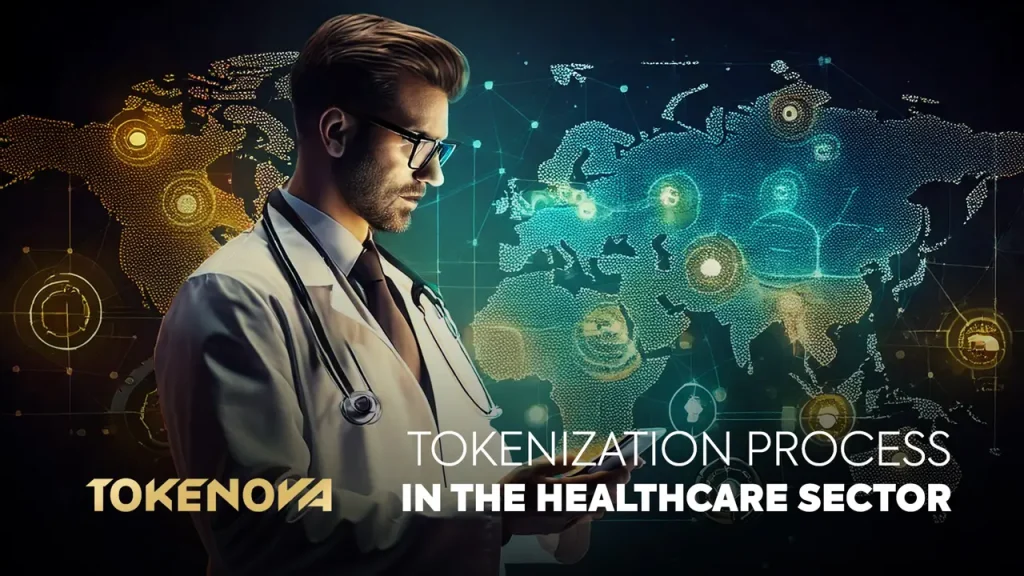
Tokenization Process
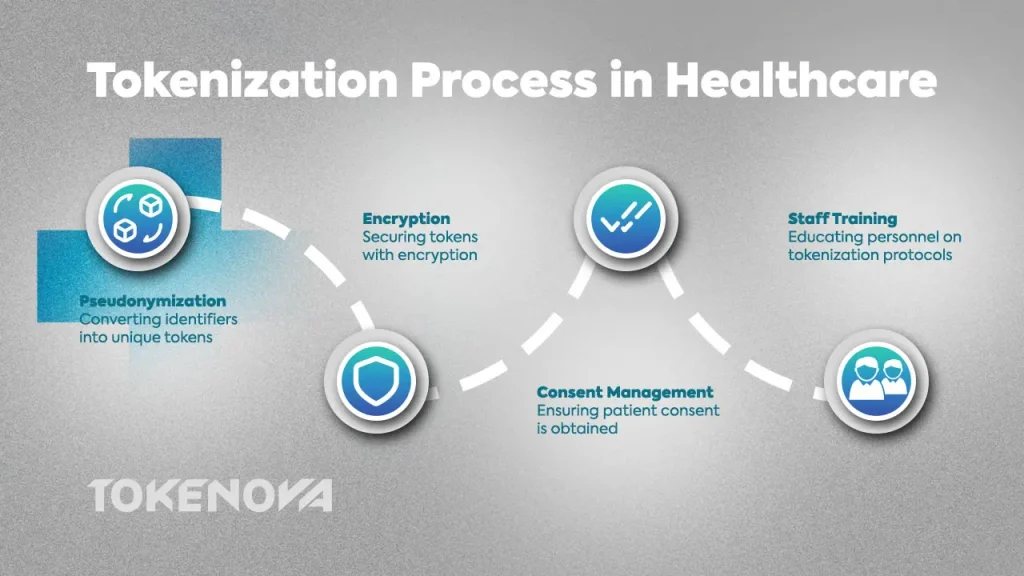
Steps in Tokenizing Patient Data
A detailed approach is essential in tokenizing patient data:
- Pseudonymizing Patient Identifiers: This initial step involves converting patient identifiers into unique tokens.
- Generating Encrypted Tokens: Tokens are then encrypted to ensure they remain secure.
- Managing Consent: Patients must provide consent for their data to be tokenized, with the ability to withdraw consent as needed.
Training for Personnel
Educating healthcare staff on the intricacies of tokenization in healthcare is vital. Staff training ensures that personnel understand tokenization protocols and best practices, fostering a culture of security and proficiency.
Benefits of Tokenization
- Strengthening Patient Privacy
By transforming sensitive data into tokens, patients have greater control over who accesses their data, enhancing their trust and engagement with healthcare services.
- Improving Data Quality and Accuracy
Tokenization helps standardize data handling processes, leading to more accurate and reliable health information, which, in turn, improves patient care outcomes.
- Reducing Fraud Risk
Healthcare fraud is a significant concern. Tokenization reduces the likelihood of identity theft and fraudulent activities by securing patient data throughout all transactions and exchanges.
Challenges and Considerations
- Need for Robust Encryption
While tokenization offers many benefits, it must be paired with strong encryption measures to ensure data integrity and security from end to end.
- Interoperability Issues
Despite its advantages, tokenization can face challenges when integrating with diverse healthcare systems. Ensuring compatibility and consistent data exchange remains a critical consideration.
Future of Tokenization in Healthcare
The integration of blockchain technology with tokenization in healthcare is set to enhance data security and transparency. This advancement will allow patients to gain unprecedented control over their health data. This shift empowers individuals and creates immutable records that are accessible and tamper-proof. As a result, it fosters a more participatory approach to healthcare management.
- Blockchain Technology Integration
The integration of blockchain technology with tokenization holds the potential to further secure and streamline healthcare data management. This pairing could revolutionize data transparency and patient autonomy, creating immutable records that are both accessible and tamper-proof.
- Democratizing Health Data Ownership
In the not-so-distant future, patients may gain unprecedented control over their health data, thanks to advancements in tokenization. This shift towards data ownership empowers individuals, fostering a more participatory approach to healthcare management.
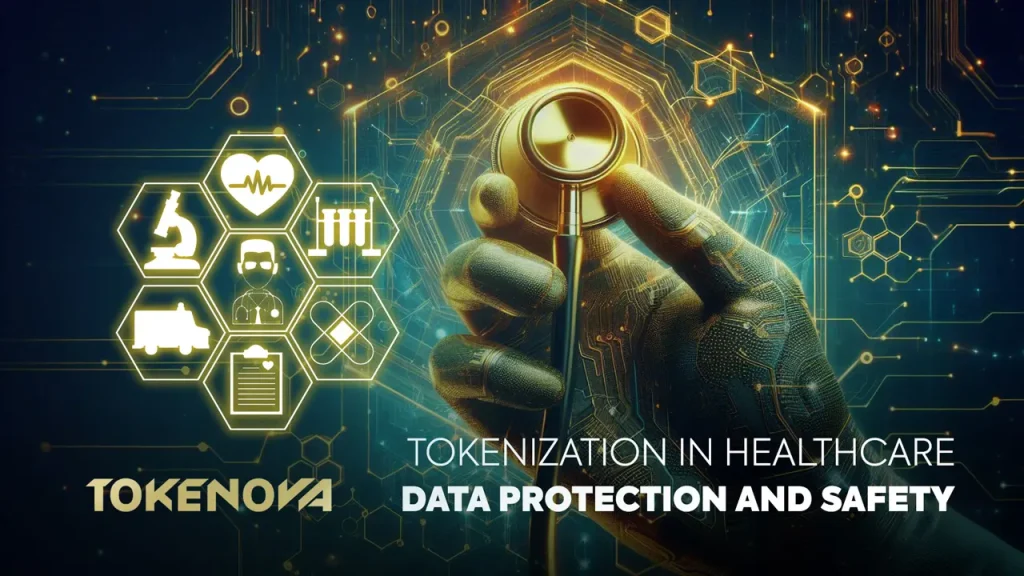
Data protection in health: Overview
First of all, healthcare has always been an industry full of sensitive data. When it comes to the management and protection of such data, a lot has changed in the past few decades but as we see new technological developments there is always new solicitous. Electronic health records took the practice a notch higher, but they came with a high risk of data breaches and unauthorized access. Tokenization provides an innovative approach to addressing these issues by providing a protocol for converting every reserved piece of information into a token that only has value within the context of its use.
Tokenization and the implementation of privacy by design
The integration of tokenization in healthcare under the framework of privacy by design is not only useful it is imperative. Privacy concerns brought by the use of databases, privacy by design as a model is a preventive approach to data protection in the development process. For example, when new digital services are being instituted either in a healthcare setting or any other setting or if previously developed services are undergoing an update, the benefits of tokenization mean that data is protected at every level. It ensures that manipulation of these two aspects does not occur simultaneously with a security threat, as this would provide an open opportunity for this breach in security compliance and protection as per all state laws concerning data protection.
The Challenge & Importance of Blockchain for Healthcare Data Interoperability
Thus, when discussing tokenization it is impossible not to mention the great job which blockchain can do in the sphere of improving the HC interoperability. Thus, blockchain technology, its distributed and indelible ledger, acts in synergy with tokenization: tokens and the data they reflect can be accessed without prejudice across platforms and organizations. This combination opens up the potential for other people to access data through tokenization within the blockchain to a new level where data exchange and sharing are efficient and secure without regard to how these different healthcare practitioners use different systems.
For instance, a patient who is attending several doctors in different centers is likely to have his or her information flow freely between the doctors. This not only avoids the scenario whereby work sticks at the bottom due to an overwhelming paper burden but also offers a better quality of care by capturing and sharing enough details.
Patient Empowerment Through Tokenization
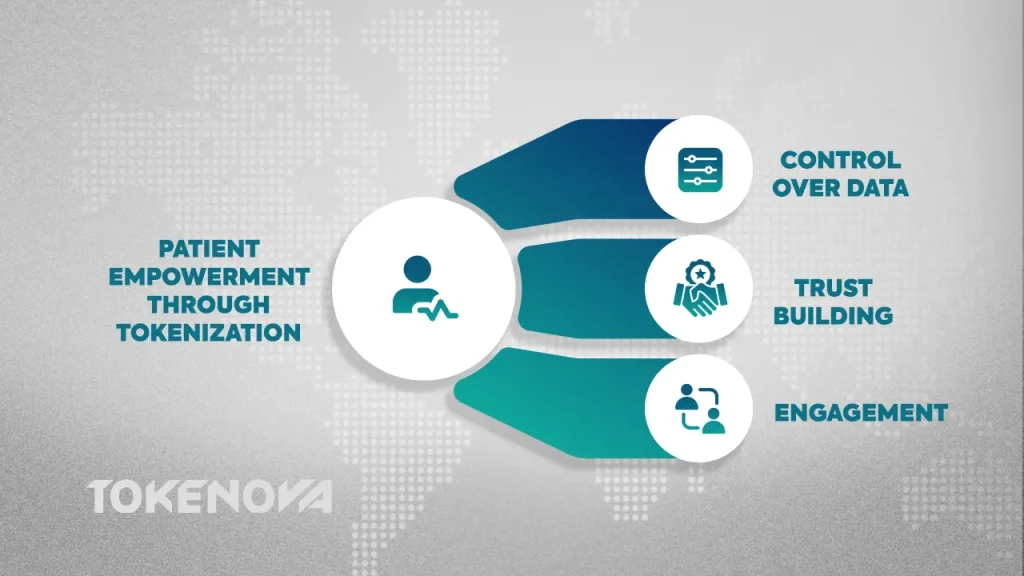
Tokenization’s role in patient empowerment cannot be understated. Imagine a world where patients have not just access but control over who sees and uses their healthcare data. Tokenization enables this by allowing patients to manage access permissions via digital tokens. This capability not only builds trust but also engages patients in their own healthcare journey, fostering a collaborative approach to health management.
Consider a scenario regarding tokenization in healthcare, where a patient receives personalized insights and recommendations based on their healthcare data, securely shared and analyzed through tokenized platforms. Patients could decide which third-party apps or researchers gain temporary access to their data, potentially participating in studies or accessing advanced diagnostics, all while maintaining complete control over their personal information.
Overcoming Challenges in Tokenization
Addressing the hurdles that come with implementing tokenization is essential for its widespread adoption. One of the significant challenges is ensuring interoperability. Healthcare systems are diverse, and achieving seamless data exchange can be complex. However, initiatives and standards are emerging that help bridge these gaps. Collaboration across the industry is critical, where providers, technologists, and policymakers work together to establish common protocols that enhance compatibility.
Moreover, there’s a need to invest in training and development. Healthcare staff must be well-versed in new tokenization protocols to maximize their potential. This training extends beyond technical know-how and includes understanding the ethical implications of data handling, and ensuring that privacy and respect for patient autonomy remain central to all data-related activities.
Tokenization and the Future of Personalized Medicine
As we look to the future, the relationship between tokenization and personalized medicine will likely strengthen. With more precise, data-driven approaches to healthcare, personalization becomes increasingly feasible. Tokenization enables the secure handling and analysis of large volumes of patient data, facilitating insights into individual health trends and responses to treatments. This level of personalization can lead to more effective prevention strategies, optimized therapies, and enhanced patient outcomes.
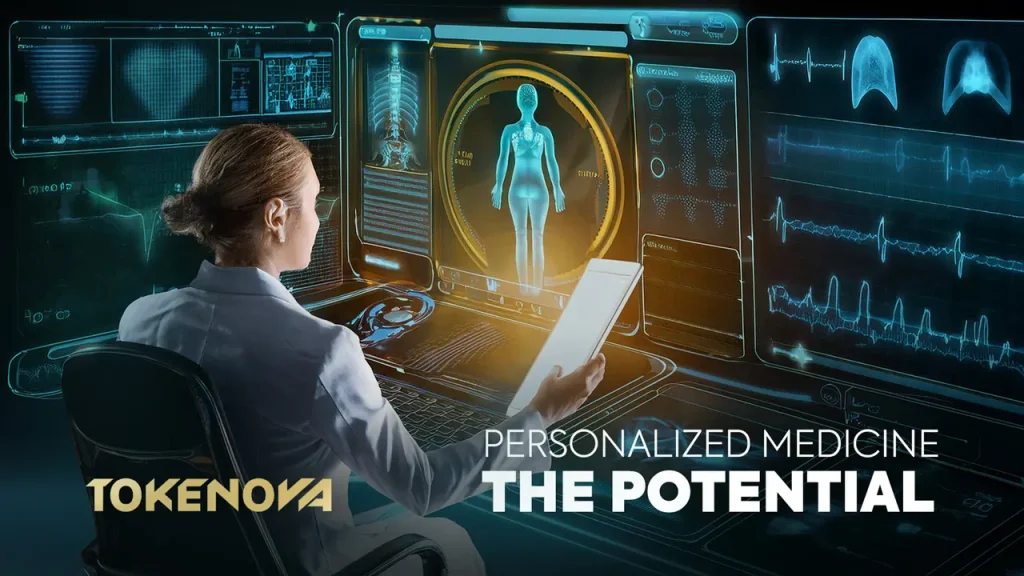
Consider the potential for tokenized data to contribute to the development of AI-driven health apps or wearables. By securely analyzing tokenized patient data, these tools can provide real-time health monitoring and predictive analytics that help patients and doctors make more informed decisions.
Tokenova Services
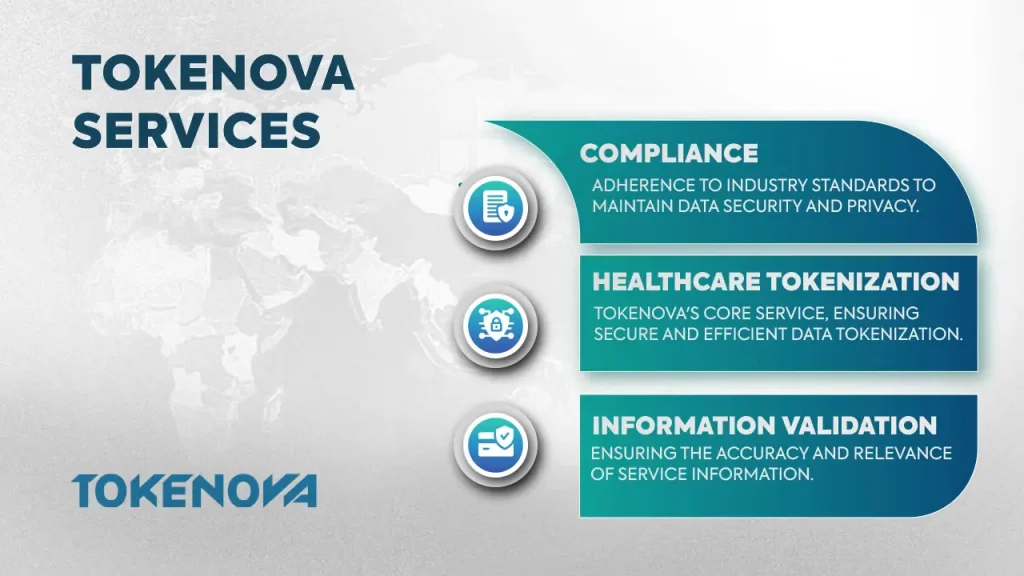
- Overview of Tokenova’s Offerings
Tokenova is leading the charge in healthcare tokenization, offering a suite of services designed to streamline and secure healthcare data processes. Their solutions ensure that data is tokenized efficiently while maintaining compliance with industry standards.
- Importance of Validating Information
It is crucial to ensure that all information about Tokenova’s services remains accurate and relevant. As leaders in the field, their commitment to excellence and security is foundational to their offerings.
Conclusion
Tokenization in healthcare is not merely a trend but a transformative force that holds the potential to redefine how we manage, share, and protect health information. Its benefits in enhancing security, improving care coordination, and empowering patients are vast. As we look ahead, embracing tokenization strategies could very well be the key to a more secure, interoperable, and patient-centered healthcare future.
How does tokenization integrate with AI in healthcare?
Tokenization facilitates AI systems in processing large volumes of healthcare information securely. By providing access to anonymized data, Tokenova ensures that AI analytics can be performed without compromising patient privacy. Their solutions enable healthcare providers to harness the full potential of AI while maintaining strict data security standards.
Can tokenization be used in conjunction with biometric data?
Yes, tokenization can be applied to biometric data to secure it against unauthorized access. Tokenova offers robust solutions for securing biometric information, allowing healthcare organizations to utilize biometric authentication and diagnostics safely and efficiently.
What are the ethical considerations of tokenization?
Ethical considerations include ensuring transparency in data usage, maintaining patient consent, and protecting data privacy and autonomy. Tokenova advocates for ethical practices by providing clear guidelines and features that ensure compliance with legal standards and patient rights.
How can patients benefit from tokenized health data during emergencies?
In emergencies, tokenized data can be accessed instantly by authorized personnel, providing critical medical history that can inform treatment decisions. Tokenova’s platform offers secure and quick access solutions, ensuring that vital patient information is available when it’s needed most without sacrificing security.
What role do governments play in supporting tokenization in healthcare?
Governments support tokenization through legislation that encourages data portability and security standards. Tokenova works closely with policymakers to develop infrastructure that aligns with regulatory requirements, ensuring their tokenization solutions are compliant and future-proof.



